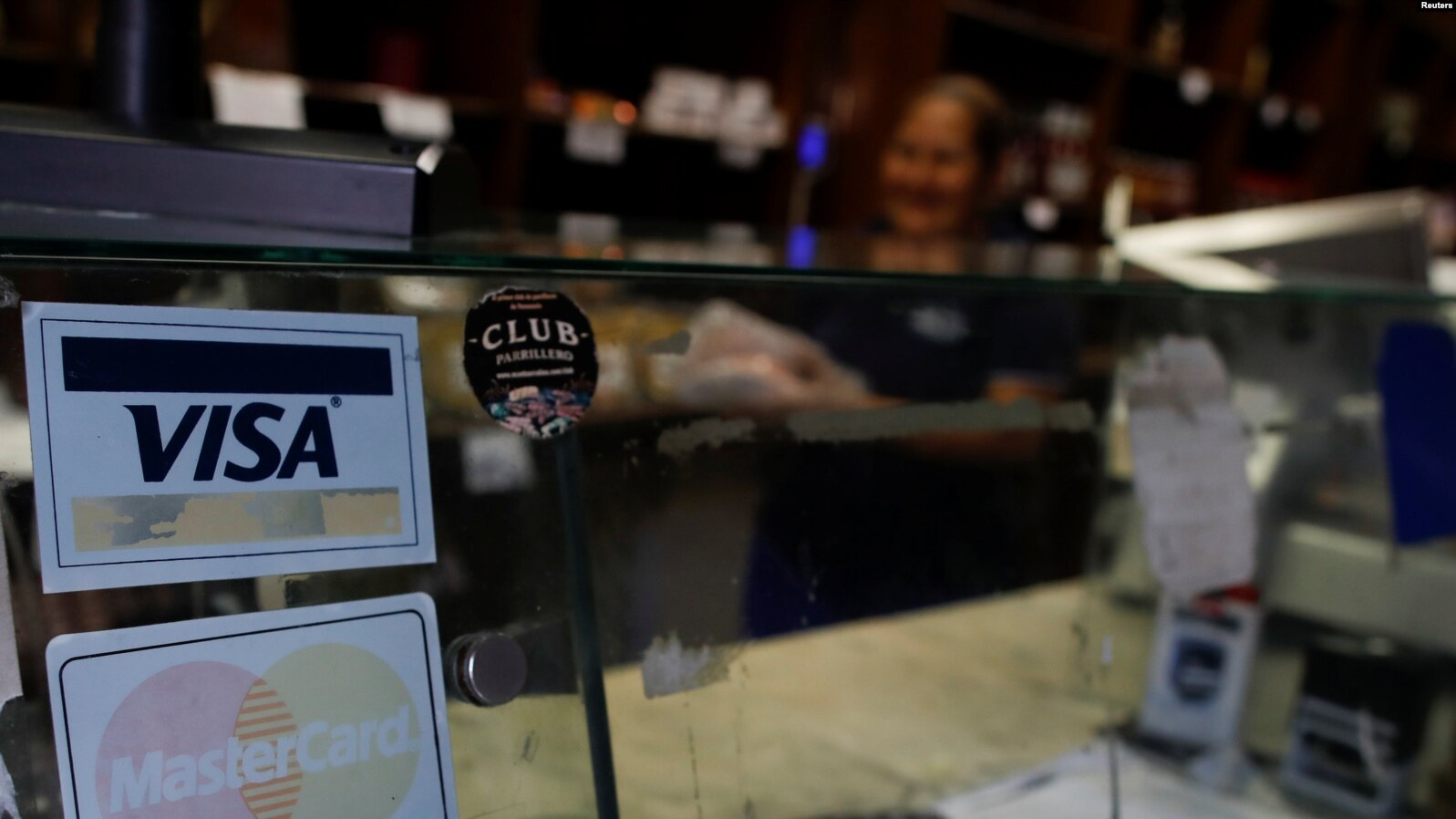The key to bank cards is an open secret in Venezuela


ID card? Hook? These are two questions that in Venezuela must be answered out loud if you buy any product and pay with a card, from a simple coffee or piece of bread to a TV, an item of clothing or a meal in a restaurant.
This security key, with which the cards are associated, in order to prevent their fraudulent use by anyone other than the owner, is publicly available in the country where, in addition, the identification document number is indicated. an everyday gesture that leaves the user defenseless against any attempt at fraud or theft.
The sellers’ argument for asking for a personal identification number (PIN) is that the data phone should be dialed carefully to prevent it from being damaged and broken, which they feel their customers are not doing properly.
This risky formula has become such an everyday gesture that no one thinks about giving their information anywhere to a collector and in front of people standing in line to cancel their purchases, as if it were something normal and the request was legitimate.
The system, now instinctive, breaks down only when a foreigner comes to the country and the stranger asks for private and personal information. This is when, in exceptional cases, the seller is reluctant to allow the buyer to enter his password.
Risk generated by the crisis
More than five years ago, when the exorbitant devaluation of the local currency, the bolivar, made cash scarce, the bills everyone carried in their pocket were not enough to buy even a bottle of water. The card has become widespread even for the most minor purchases.
It was then that phones often broke down, which in many cases prevented the seller from continuing sales, which also became a problem due to the lack of spare parts to repair the devices or equipment to be replaced. .. on new. The crisis came for a long time and complicated everything.
Without cash and without “dots” – as payment terminals are called in Venezuela – merchants lost numerous sales, and customers were left without the goods they needed, despite the fact that the establishment had it.
Although less common, this continues to happen at various enterprises, especially in the interior of the country, where a barter system of payment for products still exists.
The inevitable arrival of currencies
Over time, chaos caused by bolivar shortages and problems with data phones led the government to turn a blind eye to the growing circulation of currencies, especially the American one, which President Nicolas Maduro called the “criminal dollar.”
But it was a solution available to very few, and it was not free from complications that multiplied as more foreign currency entered the country and the dollar became the de facto payment and reference system for setting prices, despite Maduro’s opposition. for currency.
To keep the country from drowning completely, so many concessions had to be made that even the government began setting prices in dollars, starting with fuel distributed at public gas stations, which in 2020 went up from almost “just free” to 50 cents per liter.
The currency has gained so much popularity that Maduro decided he could not stop the avalanche and even allowed Venezuelan banks to open accounts in dollars, although users who can afford it prefer to keep their savings in institutions abroad. online work, very limited local.
Despite the problems caused by paying in foreign currencies, since establishments usually do not have change to give out, and purchases must be made with a large number of products until the total value of the bill delivered is full, the dollar – as well as other currencies such as euros, which circulate less, saved thousands of businesses from bankruptcy.
However, paying in dollars makes the purchase more expensive, as the government introduced the Large Financial Transaction Tax (IGTF) at the beginning of 2022, which increases the price of any item paid in foreign currency by 3%. no matter how small its cost.
The tax’s name may be confusing because it applies to “large transactions,” but it applies to a $1 candy just as much as it applies to a $100, $500, or $5,000 product. Alternative? Make the private key public. EFE